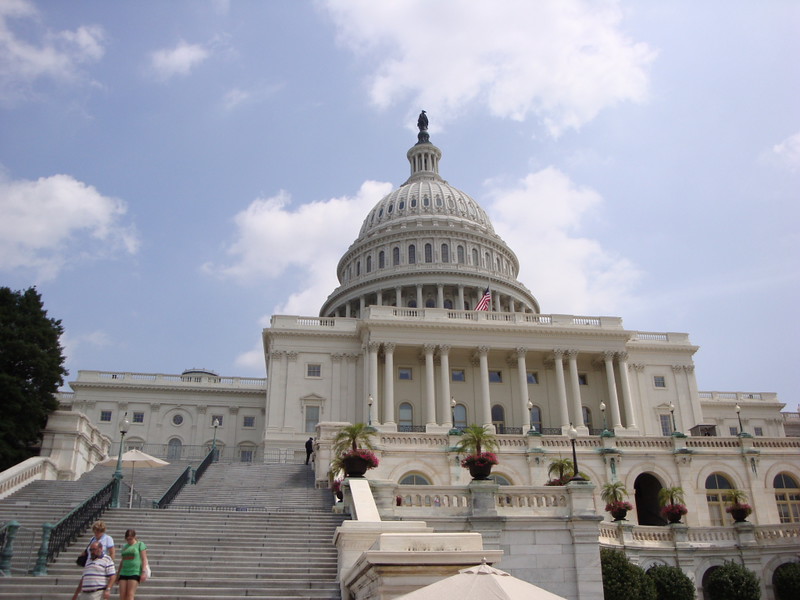
Congress announced a tax extenders deal late Monday that extends numerous tax provisions as part of the budget agreement.
While there is some important tax reduction included in this package, in net, this legislation marks a return to Congress’ bad habit of routinely extending specific, temporary tax cuts for one or two years at a time instead of focusing on broad based tax reduction. Not only did this promote uncertainty, but it distorted the revenue baseline and obscured the true cost of these provisions.
This pattern in 2015 was broken in 2015 when Congress passed the Protecting Americans from Tax Hikes (PATH) Act, which made many conservative tax priorities permanent and phased out distortionary credits.
While some lawmakers, like Ways and Means Republican Leader Kevin Brady (R-Texas), continue to advocate for making all remaining extenders permanent or repealing them, others have pushed for targeted tax breaks to receive short term extensions again and again.
Unfortunately, this tax extenders package does the latter. This legislation extends dozens of provisions for one, two, or in some cases, five years while doing nothing to address them in the long-term.
Worse still, this legislation retroactively revives many credits that expired at the end of 2017. Under this, agreement these credits and deductions can be claimed for 2018, which could result in a windfall for these taxpayers.
This is not the only retroactive tax change – the proposal also retroactively increases taxes through the disallowance of the Alternative Fuels Mixture Credit.
The fact is, retroactivity is terrible policy – any extenders should be dealt with prospectively, rather than retroactively. Taxpayers that have followed the law based upon reasonable statutory interpretations should be afforded certainty and fairness. Retroactivity undermines confidence in the tax system by affecting activity (in this case taxes paid, and credits claimed) that has already occurred.
In the past, when Congress has determined the statute of a law is inconsistent with Congressional intent, they have disallowed the provision on a prospective basis. For instance, when paper manufacturers claimed a credit for mixing diesel with alternative biomass fuels, or “black liquor,” Congress disagreed with this outcome and repealed the credit prospectively.
The retroactive repeal of the AFMC interferes with ongoing litigation, denies taxpayers due process, and creates potentially arbitrary and unfair outcomes. If Congress wants to make changes to the AFMC, it should be done on a prospective basis.
The deal extends several important tax cuts including the Craft Beverage Modernization and Tax Reform Act (CBMTRA) and the CFC-look thru rule. However, it disappointingly only extends these provisions for one year, even as numerous other provisions received multi-year extensions.
Moving forward, Congress should make these provisions permanent:
- CMBTRA enacted excise tax relief for local craft breweries, wineries, and distilleries. Because of this tax reduction, local breweries, distilleries, and wineries across America are hiring more employees, purchasing new equipment, and expanding production. A list of examples of breweries, wineries, and distilleries that have expanded because of this tax reduction can be found here.
- The CFC look-thru rule is a key component of a modern, globally competitive U.S tax system. This provision was first enacted in 2006 and protects American businesses from double taxation when they redeploy business earnings from one CFC to another. The majority of America’s foreign competitors do not face additional taxation when redeploying capital, so this provision is key to ensuring U.S. businesses are on a level playing field.
More broadly, lawmakers should ensure this extenders package does not become the norm and should return to scrutinizing outstanding provisions toward the goal of making these permanent or repealing them as part of broad-based tax reform.

